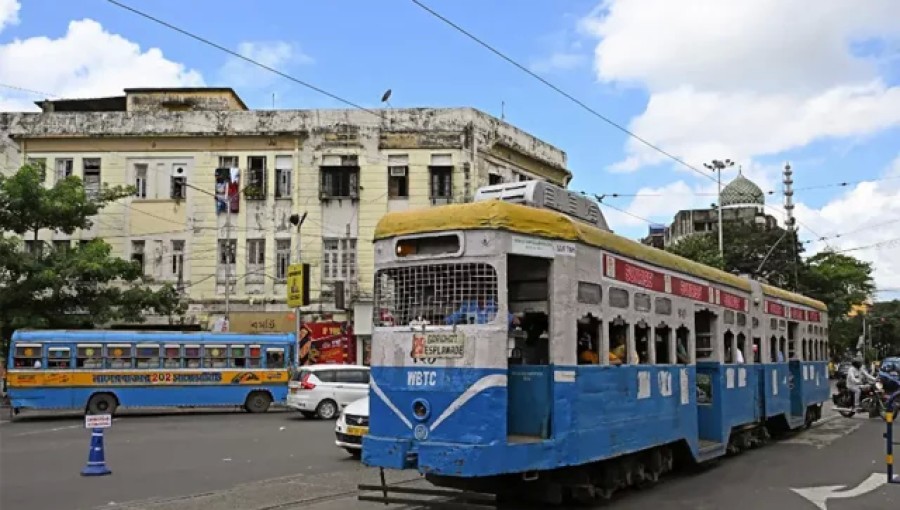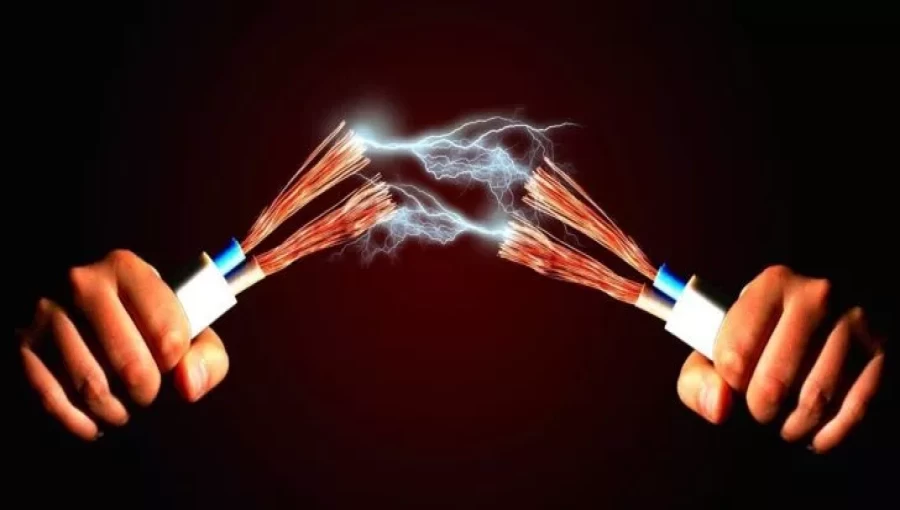Kolkata, Sep 24 (V7N) – In a significant move, the Indian state government has decided to discontinue the 150-year-old tram service in Kolkata, West Bengal, marking the end of an era for the city’s iconic transportation system. The decision comes amid concerns about traffic congestion, but it has sparked a wave of protests from tram enthusiasts and various organisations who are determined to preserve this piece of Kolkata's heritage.
The announcement was made by West Bengal Transport Minister Snehashish Chakraborty, who stated that the government is considering halting tram services in the city due to growing traffic jams and delays. While the decision is yet to be finalised pending a public interest litigation in the Calcutta High Court, which previously ruled in favour of maintaining the tram system, the government appears poised to proceed with its plan.
Despite this, tram lovers in Kolkata have launched a vigorous campaign, with various groups initiating hashtag protests and calling for public demonstrations against the government's decision. Many argue that trams, which have been an integral part of Kolkata's history and culture for over a century, should be preserved and modernised rather than discontinued.
Last year, the Calcutta High Court had ordered that the trams should not be stopped but instead renovated and maintained. However, Minister Chakraborty pointed out that in the upcoming court hearings, the issue of traffic congestion may prompt a reevaluation of that ruling. He explained that, in a bid to reduce delays for commuters, the government may need to take the difficult step of removing trams from the city's roads.
"We will continue to operate trams as a symbol of Kolkata's heritage, but only on a two-kilometre route from Dharmatala to Maidan," said Chakraborty, indicating that the trams would now mainly serve as a tourist attraction.
The decision will affect the last two remaining tram routes, Dharmatala to Ballygunge and Dharmatala to Shyambazar, which will soon be discontinued. Local residents and regular tram passengers expressed their disappointment with the decision, emphasising the importance of maintaining the city's rich cultural heritage.
One tram user remarked, "It is heartbreaking to see trams disappear completely. They are not just a mode of transport; they represent a long-standing tradition. The government could have preserved them in some areas."
The history of Kolkata's trams dates back to February 24, 1873, when the first horse-drawn tram ran from Sealdah to Armenia Ghat. The Calcutta Tramway Company was established soon after, and in 1902, the first electric tram was introduced. For over 150 years, trams have been a lifeline for the city's commuters and a significant tourist attraction, drawing both locals and foreigners alike.
This year, the 150th anniversary of Kolkata’s tram system was celebrated with great fanfare, with the Kolkata Tram Company organising various events and refurbishing eight vintage trams to mark the occasion. On that day, many tram enthusiasts voiced their opposition to discontinuing the service, emphasising the need for its preservation.
Despite the nostalgia and cultural importance attached to the trams, the state government appears set to proceed with its policy decision. With the iconic tram network being dismantled, only a short route from Dharmatala to Maidan will remain as a testament to Kolkata's storied past.
END/RH/AJ































Comment: